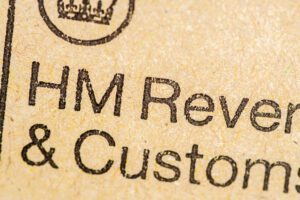HMRC has collected an additional £14.4 million in tax from insolvencies over two tax years up to 2023 since it regained its ‘preferential creditor’ status.
The preferential status, known as ‘Crown Preference’, was reinstated for HMRC in December 2020, granting it priority in reclaiming taxes owed from insolvent businesses ahead of other unsecured creditors, including banks and suppliers. This change marked the return of a status HMRC had lost in 2003.
Mark Boughey, Partner in the Restructuring Services practice at Forvis Mazars, described Crown Preference as a controversial power. “This status often results in unsecured creditors, like suppliers, receiving nothing when a business goes insolvent. This is particularly detrimental to smaller suppliers who now find themselves at the bottom of the ranking during insolvency proceedings.”
Crown Preference also ranks ahead of lenders with floating charge security, leading to concerns that its reintroduction has caused banks to reduce lending amounts to businesses and increase interest rates. These adjustments reflect the heightened risk banks face of not recovering their loans if a business becomes insolvent.
Despite the intended advantages of Crown Preference for HMRC, Boughey questioned its overall efficacy given the modest £14.4 million recovered so far. “The amount of money raised through Crown Preference is surprisingly small. This money could significantly impact other creditors, particularly small suppliers.”
Boughey suggested that diverting more funds to suppliers and lenders might boost bank funding and credit lines from suppliers, benefiting the broader economy. He added, “The amount HMRC brings in through Crown Preference is expected to rise significantly in the coming years, especially with the recent increase in insolvencies. It will be interesting to see how these figures evolve.”
Read more:
HMRC gains only £14.4m in extra tax from insolvencies since regaining preferential creditor status
























